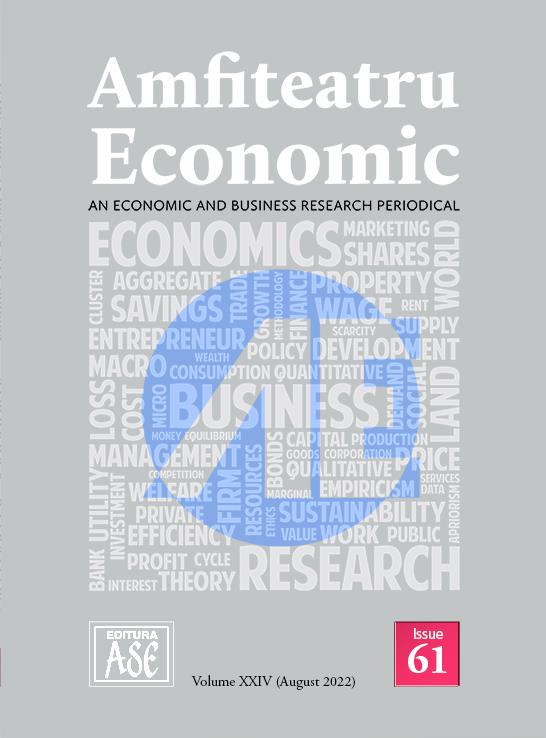Earnings Quality and Corporate Life Cycle Before the Crisis. A Study of Transport Companies Across Europe
Earnings Quality and Corporate Life Cycle Before the Crisis. A Study of Transport Companies Across Europe
Author(s): Lucia Michalkova, Martin Cepel, Katarina Valaskova, Zuzana VincúrováSubject(s): Business Economy / Management, Energy and Environmental Studies, Public Finances
Published by: EDITURA ASE
Keywords: earnings quality; transportation; corporate life cycle; cash flow pattern;
Summary/Abstract: Deteriorating macroeconomic conditions and plans to move to a green economy such as the Green Deal are putting pressure on both internal and external stakeholders to create a liquidity cushion in the event of unexpected expenditures. However, when analyzing reported earnings, which may constitute a source of internal financing, it is necessary to take into account the corporate life cycle, which changes the quality of reported earnings. The aim of the study is to identify and examine the impact of the corporate life cycle on the level of earnings quality in European transport companies in the pre-crisis years. A hierarchical linear mixed model was used to reveal these relationships, the sample included more than 30,000 companies covering the years 2011-2019 from 30 European countries. Discretionary accruals were used as quality proxy earnings, and the company’s life cycle was modeled by the Dickinson cash flow model. Transport companies in Europe in the pre-crisis period had low- quality reported earnings. These enterprises manipulated earnings in accordance with the U shaped curve, where mature firms applied downward earnings management techniques on average. Very large companies that were listed in the pre-crisis period chose upward earnings management, while smaller and unlisted companies opportunistically reduced reported earnings. These results imply that, in the pre-crisis period, European transport companies opportunistically obtained short-term benefits according to management requirements by reporting accounting profits other than cash flow. However, during the crisis and post-crisis years, they reduced their internal financing resources and/or affected the chances of obtaining state aid and other subsidies approved according to the accounting outputs.
Journal: Amfiteatru Economic
- Issue Year: 24/2022
- Issue No: 61
- Page Range: 782-796
- Page Count: 15
- Language: English

